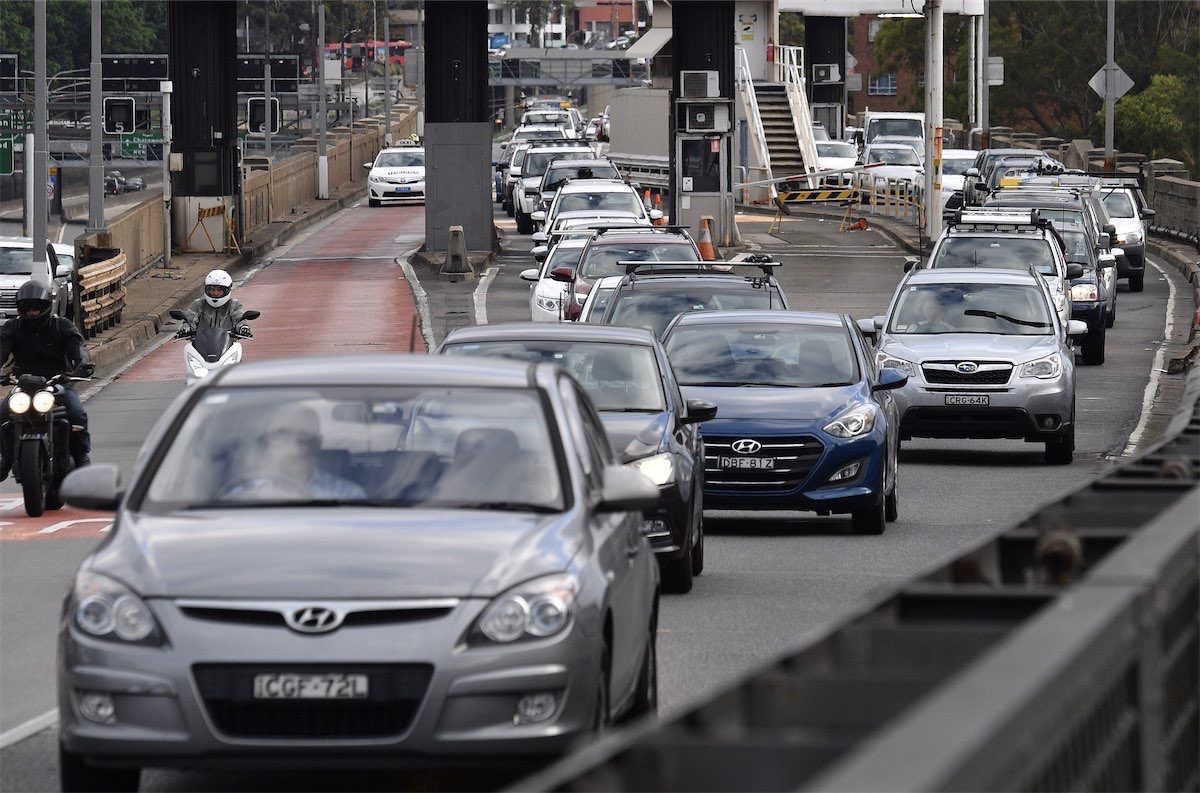
By Jennifer Dudley-Nicholson in Brisbane
AUSTRALIAN drivers are expected to see more electric cars race into the country after the federal government pledged to introduce a policy forcing automakers to launch more of their greenest vehicles locally.
The new fuel-efficiency standard will place a limit on pollution from petrol and diesel vehicles, encouraging the import of more zero and low-emission cars that the government estimates could save motorists $519 in annual fuel costs.
A draft of the policy is expected by the end of the year, following consultation with industry and community groups.
Energy Minister Chris Bowen and Transport Minister Catherine King announced the commitment on Wednesday as part of the government’s response to the National Electric Vehicle Strategy, which attracted more than 500 submissions last year.
Mr Bowen said Australia’s lack of a fuel-efficiency standard meant fewer electric cars had been launched in Australia and, on average, cars in the country used 40 per cent more fuel than in Europe, 20 per cent more than in the US, and 15 per cent more than cars in NZ.
“This strategy delivers on our commitment to provide greater choice for Australians to drive cars that are cleaner and cheaper to run,” he said.
“Fuel-efficiency standards are an important step forward for our country.”
The limit on carbon emissions from vehicles will apply only to new vehicles, and will not affect cars already on Australian roads.
Australia is one of just four wealthy nations without a fuel-efficiency standard in place, alongside Russia, Turkey and Indonesia.
Ms King said introducing the policy in Australia would help the local car market catch up to progress in the rest of the world.
“It will send a strong message to the global car industry that when it comes to transport technology, Australia will no longer settle for less,” Ms King said.
“More than 85 per cent of all cars sold in the world are subject to fuel-efficiency standards. It’s time Australians were offered the same choice.”
The government’s strategy paper also included plans to map optimal locations for charging stations, issue guidance on installing chargers in apartment buildings, and to train emergency service workers in how to handle electric cars.
It did not include new financial incentives.
Electric vehicles made up 3.8 per cent of all new car sales in Australia in 2022, compared with 23 per cent of car sales in Europe and 29 per cent in China, according to research firm Canalys.
Smart Energy Council chief executive John Grimes welcomed the government’s commitment to a fuel-efficiency standard but told AAP it needed to be fast-tracked.
“There is no need for further delay – we’ve had inquiry after inquiry, multiple submissions, everyone knows the lay of the land and the government needs to act,” he said.
“By the end of the year, the laws should be in place.”
Greenpeace Australia senior campaigner Lindsay Soutar also warned the government should “resist pressure from car makers” when setting emission limits to ensure the laws would significantly cut pollution.
“From here, the task will be to implement strong standards in line with major markets like New Zealand and the (European Union), and avoid dodgy loopholes and credits that weaken the integrity of the scheme,” she said.
“The government needs to deliver for Australian households and the climate, not big car makers.”
Australia Institute spokesman Noah Schultz-Byard said the government should also consider removing subsidies for high-emitting vehicles, such as utes.
“When you start from behind, as Australia is on EV policy, you can’t catch up by going slower than everybody else,” he said.
Tony Weber, chief executive of the Federal Chamber of Automotive Industries that represents 68 car brands, said the group would support an “ambitious yet achievable” fuel-efficiency standard and would participate in its consultation.
Who can be trusted?
In a world of spin and confusion, there’s never been a more important time to support independent journalism in Canberra.
If you trust our work online and want to enforce the power of independent voices, I invite you to make a small contribution.
Every dollar of support is invested back into our journalism to help keep citynews.com.au strong and free.
Thank you,
Ian Meikle, editor



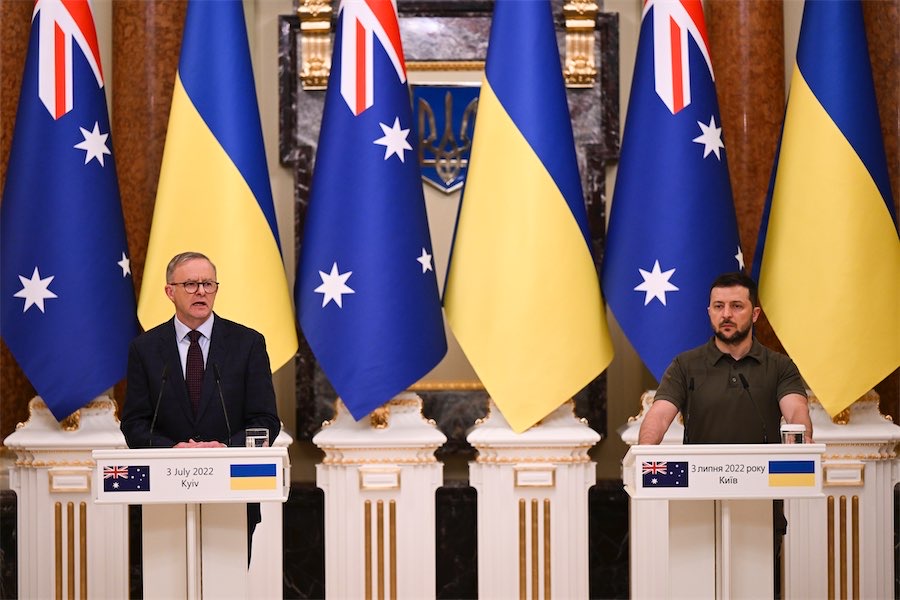

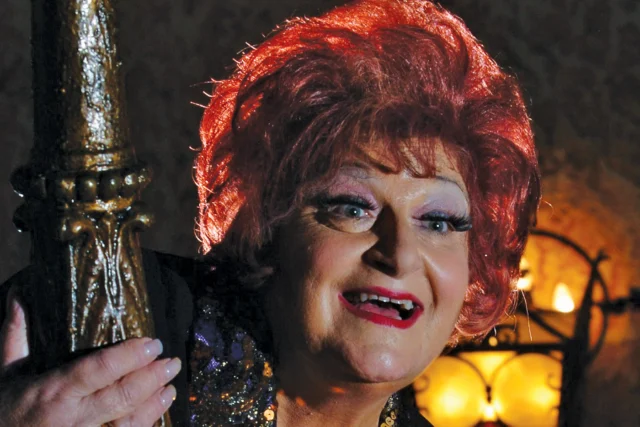
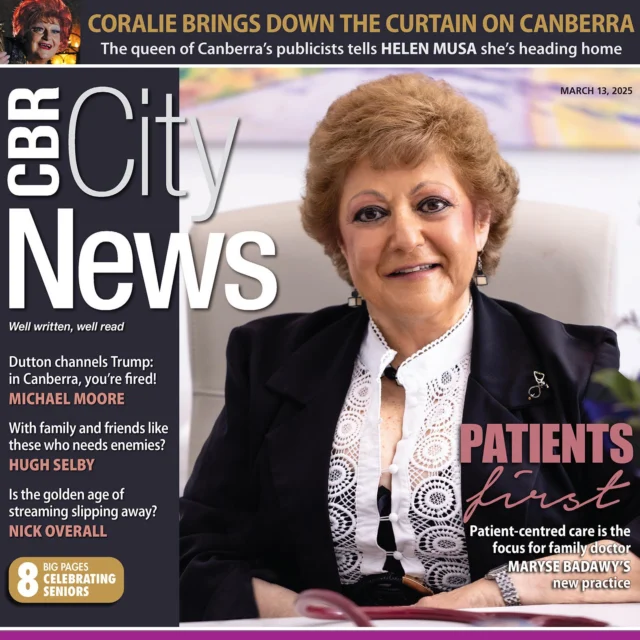

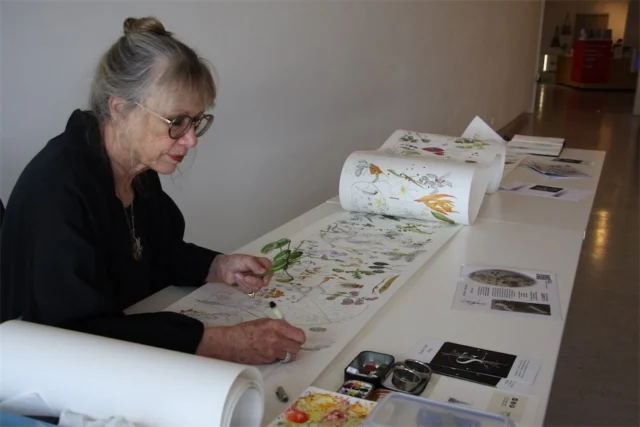
Leave a Reply